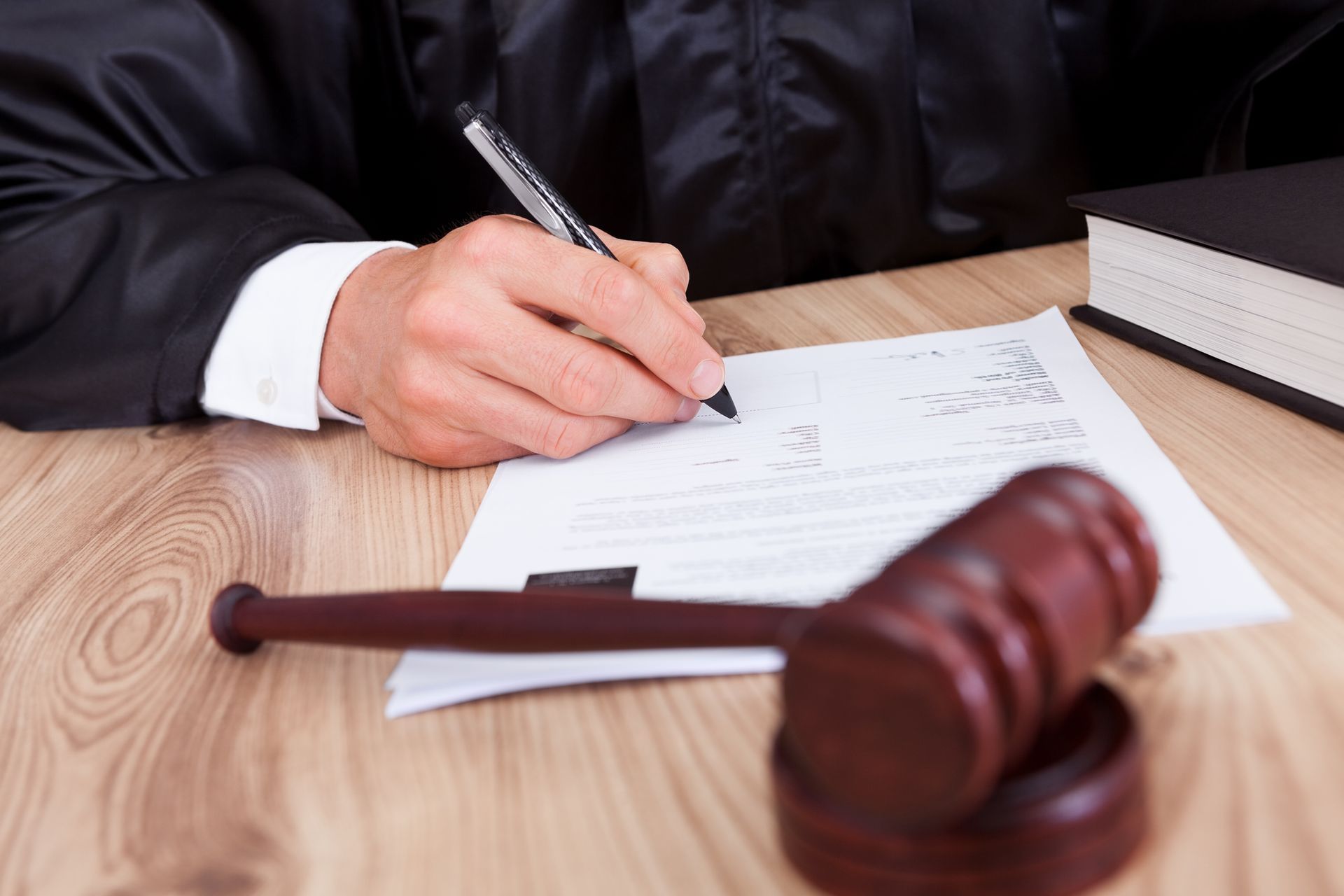Qualifications Needed for a Bail Bond

When someone is arrested, posting bail is often the quickest way to secure their release from jail. However, obtaining a bail bond is not always straightforward and requires several qualifications, depending on the nature of the crime, the individual’s financial situation, and their legal history. Understanding these qualifications can help you navigate the process more effectively.
Understanding Bail and Bail Bonds
Prior to delving into the prerequisites for a bail bond, it is crucial to grasp the distinction between bail and bail bonds. Bail represents a monetary value established by the court to guarantee the defendant's presence at all court appointments. Conversely, bail bonds entail financial agreements orchestrated by a bail bonding agency in the defendant's favor, essentially operating as a loan to satisfy the bail sum.
Legal Requirements
The first set of qualifications for obtaining a bail bond is legal. Not everyone is eligible for bail; for instance, individuals accused of severe crimes such as murder or terrorism may be denied bail altogether due to the gravity of their offenses. Additionally, if the defendant poses a significant flight risk or has a history of failing to appear in court, a judge might set the bail amount extremely high or deny bail entirely. Factors such as the defendant's criminal history, ties to the community, and the nature of the crime are all considered during the bail hearing. In some cases, the judge may also take into account the potential danger the defendant poses to the public. Thus, securing a bail bond often requires meeting stringent legal criteria designed to ensure the defendant's presence at trial and the safety of the community.
Financial Requirements
Next, financial qualifications play a crucial role. Bail bonding agencies typically require a non-refundable fee, usually a small percentage of the total bail amount. In addition to this fee, the agency may require collateral, such as property or other valuable assets, to cover the bail amount in case the defendant fails to appear in court. It’s important to have a clear understanding of your financial situation and be prepared to meet these financial obligations.
Co-Signer’s Responsibilities
Sometimes, a defendant may need a co-signer, usually a family member or close friend, to help secure the bail bond. The co-signer assumes significant responsibilities, including ensuring that the defendant attends all court dates. The co-signer must also meet certain qualifications, such as having a stable income, a good credit history, and sometimes even sufficient assets to offer as collateral. Fulfilling these roles requires a serious commitment, as the co-signer is financially responsible if the defendant absconds.
Personal Conduct and History
The court and bail bonding agencies also consider the personal conduct and history of the individual seeking a bail bond. Factors such as past criminal history, community ties, employment status, and overall behavior can influence the court’s decision. A positive track record can significantly enhance the chances of qualifying for a bail bond, as it demonstrates to both the court and the bonding agency that the individual is likely to comply with all legal obligations.
Legal Representation
Having legal representation is often an implicit qualification when navigating the bail bond process. An experienced attorney can provide valuable advice, negotiate terms, and generally make the process smoother. While not a formal qualification, legal representation can significantly impact the ease with which one can secure a bail bond.
Securing a bail bond requires meeting several qualifications—legal, financial, and personal. Legal prerequisites may include the nature of the charge and any prior criminal history, while financial qualifications often involve providing collateral or proving the ability to cover the bond amount. Personal qualifications can range from being a responsible citizen to having a reliable co-signer. Understanding these prerequisites can help you or a loved one navigate this challenging process with greater ease and confidence. Always consult with legal experts and bail bonding professionals to ensure all requirements are met, address any concerns or questions, and secure the most favorable terms possible. Thorough preparation and expert advice can make a significant difference in the outcome of your bail bond application.
If you need bail bond services for your situation, contact us at Brad’s Bail Bonds for more information. We are located directly in front of the Pasco County Jail Entrance.

